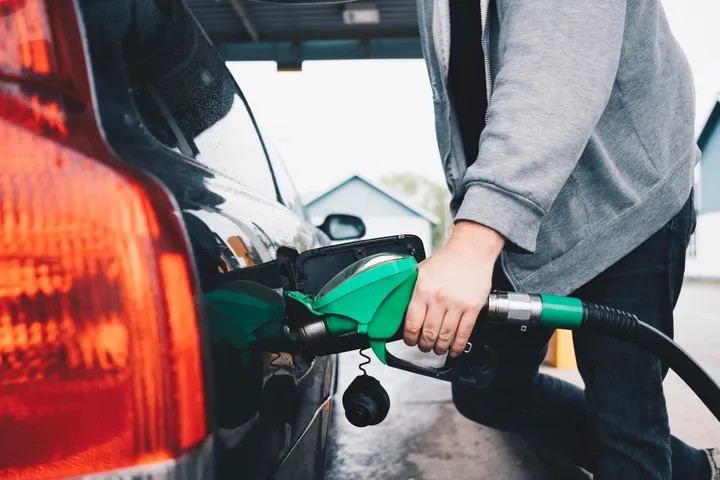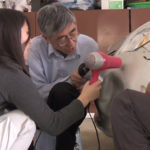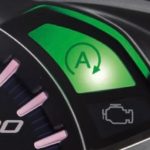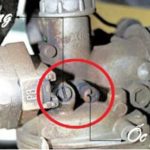
Speed Control
According to experts, it is important to follow the speed limit in order to save fuel. Driving faster than the speed limit can result in higher fuel consumption. Ellen Edmonds, Director of Public Relations at AAA, advises that fuel savings peak at around 80 km/h for most cars, and slowing down by 8-15 km/h on the highway can increase fuel savings by up to 14%. It is recommended to use the cruise control system to maintain a steady speed when driving on the highway.
Planning Ahead
Planning ahead can also contribute to fuel efficiency. It is suggested to schedule your route before leaving to minimize unnecessary detours and avoid rush hour. Combining errands and visiting multi-purpose areas where you can complete multiple tasks at once can also help save fuel.
Timely Vehicle Maintenance
Ensuring proper vehicle maintenance is crucial for maximizing fuel efficiency. It is important to regularly check and inflate your tires to the recommended pressure. Properly inflated tires can significantly improve fuel efficiency and reduce fuel waste.
Pay Attention to Acceleration and Deceleration
Avoid rapid acceleration, as it can lead to wasted fuel. Smooth acceleration and deceleration are better for both fuel efficiency and tire health. Paying attention to traffic ahead and maintaining a consistent speed when approaching traffic lights can help avoid unnecessary stops and starts.
Stop Using Premium Gasoline
If your car does not specifically require premium gasoline, it is recommended to use regular gasoline instead. Using the type of gasoline that your car does not require will only result in unnecessary expenses and will not improve fuel efficiency.
Source: Huffington Post





































